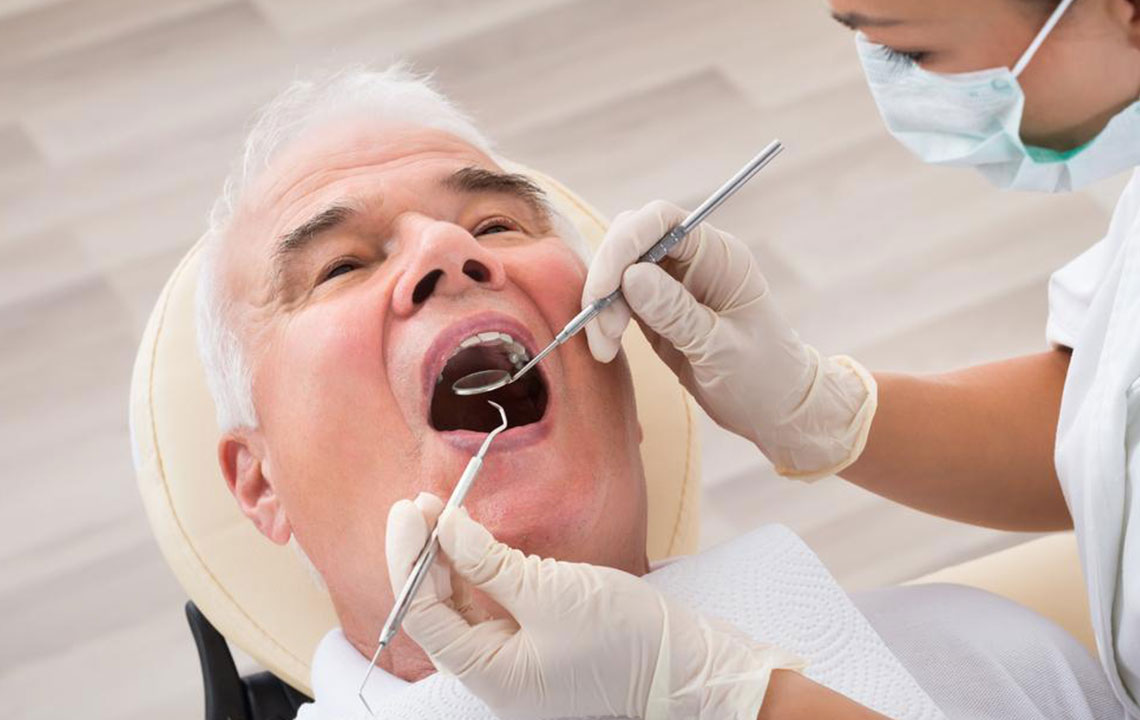Navigating Aging: Tips and Strategies for a Healthy Lifestyle
Discover essential tips for healthy aging, including managing physical, mental, and sensory changes that occur over time. This guide offers practical strategies like exercise, proper nutrition, and regular medical check-ups to support a vibrant, independent lifestyle as you age gracefully.

Navigating Aging: Tips and Strategies for a Healthy Lifestyle
Aging is a natural process that brings different emotions, from fear of visible signs like gray hair and wrinkles to worries about declining abilities. Understanding what to expect and adopting effective strategies can promote healthier aging and quality of life.
What are common changes with age?
Aging affects biological, mental, and behavioral aspects, leading to gradual transformations. Some changes are mild, while others may increase susceptibility to health challenges and disabilities.
Key age-related modifications include:
Cardiovascular health: Arteries and heart muscles stiffen, making the heart work harder, which may elevate blood pressure and risk of cardiovascular disease.
Skeletal and muscular system: Bone density declines and bones become smaller, raising fracture risk. Muscles also lose flexibility, affecting balance and coordination.
Digestive system: Gut changes can cause constipation and other digestive issues.
Urinary system: Bladder elasticity diminishes, leading to frequent urination and potential incontinence.
Neurological health: Memory lapses and multitasking difficulties tend to increase with age.
Eyes, ears, and oral health: Vision problems like cataracts, hearing decline, and receding gums can lead to tooth loss.
Strategies to manage these changes:
Heart health: Regular exercise, quitting smoking, eating balanced meals, managing stress, and adequate sleep improve cardiovascular well-being.
Bone and muscle strength: Consume calcium and vitamin D, stay active, and avoid substance misuse to support musculoskeletal health.
Digestive health: Incorporate fruits and vegetables, limit sugary and dairy foods, and stay physically active to prevent constipation.
Urinary health: Hydrate well daily and perform pelvic exercises like Kegels to strengthen the pelvic muscles.
Cognitive wellness: Stimulate your brain with reading, puzzles, and writing; maintain social connections and stay physically active.
Sensory and dental care: Schedule regular eye, ear, and dental check-ups; wear sunglasses outdoors and practice good oral hygiene.
Note: This information is for educational purposes only. Consult healthcare professionals before making changes to your health routines or treatments.


